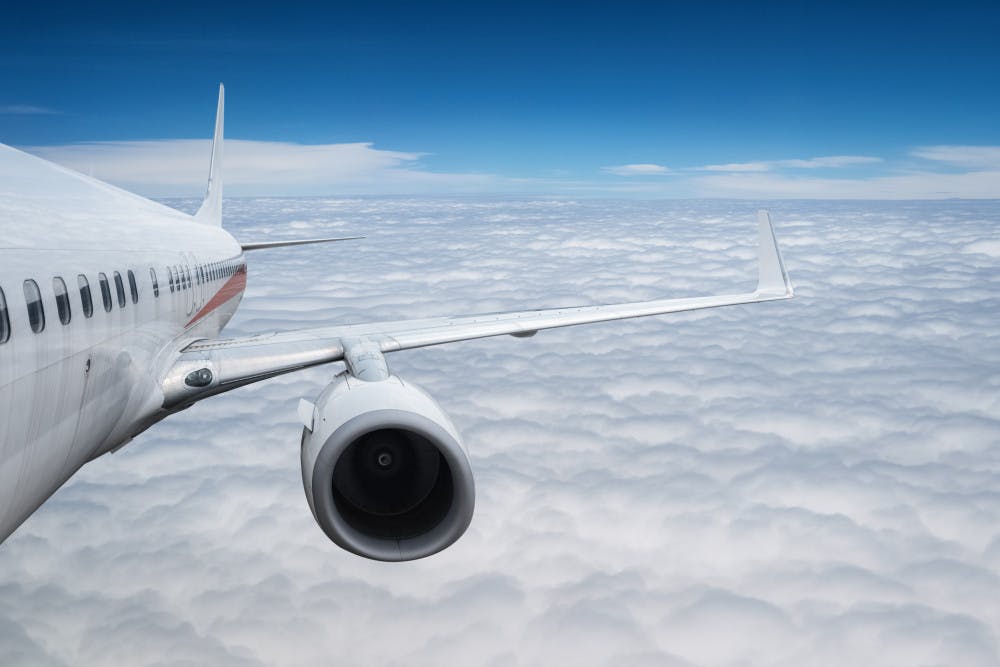By Anandita Mehta
Staff Writer
On March 27, Boeing declared that the flight control system — which has been connected to the cause of the crashes in Ethiopia and Indonesia that killed 346 people — will be updated, according to CNet.
The Ethiopian Airlines crash killed 157 people and follows in the wake of a Lion Air crash over the Java Sea last October that resulted in the deaths of 189 people, which was also caused by issues with the Boeing 737 Max aircraft, Fortune reported.
Fortune also reported that on March 13, President Donald Trump grounded all 737 Max aircraft in the U.S. after the Ethiopia crash, according to Fortune.
The 737 Max aircraft have been in service since 2017, even before flight simulators were finished for airline use, The Wall Street Journal reported.
The flight control system, the Maneuvering Characteristics Augmentation System, was the culprit under scrutiny. The system in the 737 Max pushes the nose down when it detects that the aircraft will stall. According to CNet, “preliminary data from both crashes show that flight crews struggled to take control as the airplanes continually dove just after takeoff.”
In last fall’s Lion Air crash, the MCAS engaged based on incorrect information and kept pushing the nose of the plane down, despite pilot’s attempts to override the system, USA Today reported.
While developing the 737 Max, Boeing sought to minimize changes that would necessitate extra pilot training in an effort to reduce airline’s costs, the Wall Street Journal indicates.
According to CNet, Boeing and the FAA are facing charges due to the current 737 Max pilot training not mentioning the MCAS system in order to “minimize the cost and time of certifying pilots.” The flight crew training is the center of several investigations including one by Congress, which had a hearing on March 27.
Part of the software updates will include making warning lights a standard feature, rather than a paid alternative, so that pilots will be alerted when the MCAS is engaging, the Wall Street Journal indicates.
Another part of Boeing’s “fixes” is flight crew training. “Twenty-one or more days of instructor-led and simulator training on the 737 Max, including interacting with MCAS, will be required before pilots can fly the aircraft,” CNet reported.
Since computer systems have been shown to respond more smoothly to unusual situations than humans, there is a hesitation to disengage the MCAS completely, the Wall Street Journal indicates.
Analysts have determined that the repairs could take between three to six months and cost $500 million. The estimates do not include costs to compensate airlines for lost revenues resulting from grounded planes. However, the more severe costs are likely to result from loss of confidence in the Boeing aircraft, Fortune reported.
According to the Wall Street Journal, the negative consumer sentiment is highest in Indonesia, since that is the location of the first crash.
USA Today reported that Indonesia’s Garuda Airlines has canceled its entire order of Boeing 737 aircraft due to a loss of confidence in Boeing.







